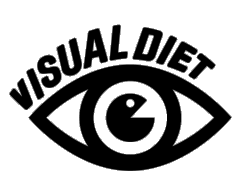

In a revealing new project titled Selfie Harm, Rankin photographed 15 teenagers and then handed the image to them to edit, tweak and filter until they felt their image was "social media ready".
In just 5 minutes and using one of the thousands of apps freely available on any smart phone, they had the freedom to change their own images and show what can be done at the press of a few buttons. The altered images give us a unique insight into their personal vision of "perfection", showing us how appallingly easy it is to create a new and enhanced version of yourself.
Displayed together, Rankin's unretouched portraits show the true face of youth and natural beauty, against the heightened, smoothed, and dramatically changed versions. The contrast brings to light the potential beauty ideals that each teenage individual experiences and perceives in their surrounding society, and the ease with which reality and fantasy can be blurred using this simple technology.
Social media has made everyone into their own brand. People are creating a two-dimensional version of themselves at the perfect angle, with the most flattering lighting, and with any apparent "flaws" removed. This is a new, enhanced reality, a world in which teenagers (or even younger kids) can alter themselves digitally within seconds. Mix this readily available technology with the celebrities and influencers flaunting impossible shapes with impossible faces, and we've got a recipe for disaster. Children are mimicking their idols, making their eyes bigger, their nose smaller and their skin brighter, and all for social media likes. It's just another reason why we are living in a world of FOMO, sadness, increased anxiety, and Snapchat dysmorphia. It's time to acknowledge the damaging effects that social media has on people's self-image.